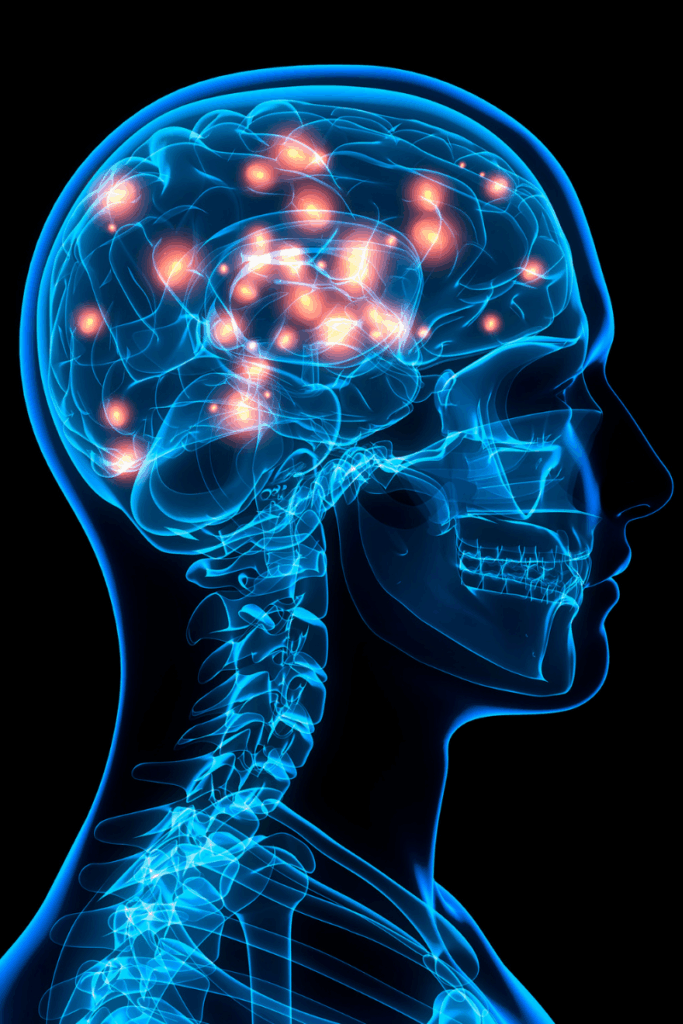Migraines are often dismissed as “just a bad headache,” but for many people, they can be a life-changing consequence of an injury. At Brian Barr, as specialist accident solicitors in Manchester, we can assist clients who have developed severe, ongoing migraines after road traffic collisions, accidents at work, head injuries, or trauma – and often as part of a wider pattern of chronic pain, Complex Regional Pain Syndrome (CRPS), fibromyalgia, or Functional Neurological Disorder (FND).
If you are suffering from debilitating migraines after an injury that was not your fault, it’s important to know that you may be entitled to compensation for your pain, suffering, and losses.
Migraines can develop following a range of physical injuries, particularly:
- Head or neck trauma, such as whiplash or concussion
- Falls, accidents, or workplace incidents
- Psychological trauma or stress associated with injury and recovery
These migraines can become persistent and chronic, lasting for months or years. The pain can be accompanied by sensitivity to light and sound, nausea, dizziness, visual disturbances, and cognitive difficulties, all of which can severely impact day-to-day life and employment.
In many cases, post-traumatic migraines don’t occur in isolation. Instead, they appear as part of a wider chronic pain syndrome, or alongside conditions such as CRPS, fibromyalgia, or FND.
- CRPS: Often follows an injury to a limb and causes severe, burning pain, swelling, and changes to skin temperature or colour. Migraines can develop due to the overall neurological sensitisation caused by CRPS.
- Fibromyalgia: A widespread pain condition characterised by fatigue, muscle tenderness, and sleep disturbance. Migraines are a common feature of fibromyalgia, believed to be linked to heightened sensitivity in the central nervous system.
- Functional Neurological Disorder (FND): A disorder affecting how the brain sends and receives signals. FND can lead to symptoms such as weakness, tremors, or non-epileptic seizures, and migraines can be part of this functional symptom complex.
These conditions often overlap, both medically and legally, requiring careful understanding and expert evidence when bringing a chronic pain compensation claim. A successful claim for CRPS compensation, fibromyalgia compensation, or FND compensation depends on demonstrating a causal link between the original injury and the ongoing migraine or chronic pain symptoms. This typically involves medical evidence from neurologists, pain specialists, and psychiatrists; detailed witness statements about your symptoms and their impact on your life; and employment and financial records to show loss of earnings and future losses
At Brian Barr Solicitors, we work closely with leading medical experts who understand complex pain and neurological conditions, and we therefore ensure that the full extent of your symptoms (both physical and psychological) is properly recognised in your claim.
Compensation can cover:
- Pain, suffering, and loss of amenity
- Loss of earnings and reduced future earning capacity
- Care and assistance needs
- Medical treatment, therapies, and medication costs
- Travel and incidental expenses
Every case is different. The value of a claim depends on the severity of symptoms, how they affect your daily life, and the prognosis for recovery.















